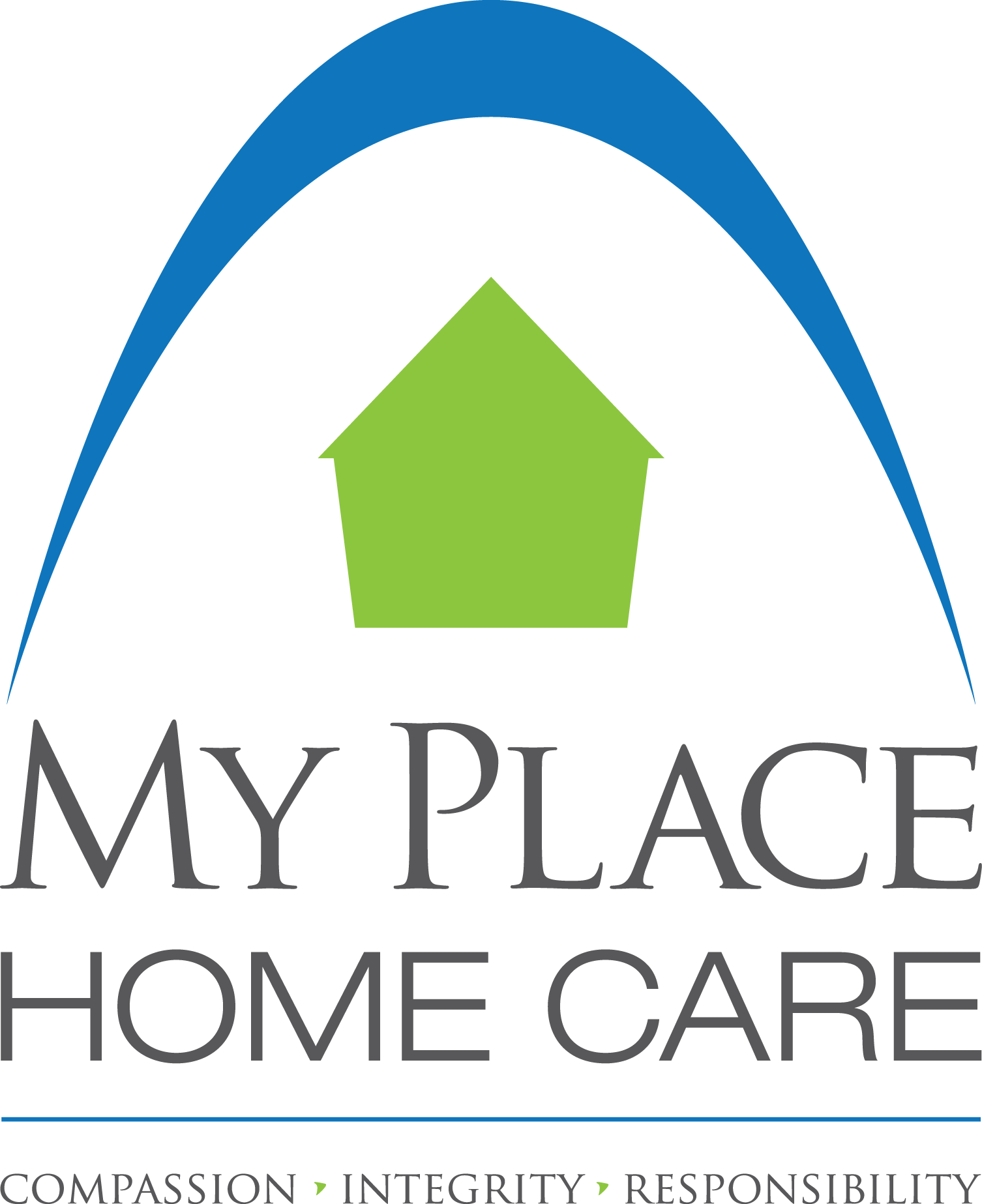
PNEUMONIA IN SENIORS: SYMPTOMS, RISKS AND PREVENTION
Pneumonia poses a significant health risk for seniors, who are more susceptible to complications and severe outcomes due to age-related changes in the immune system and the presence of other chronic health conditions. Understanding the risks, symptoms, prevention, and treatment of pneumonia in older adults is crucial for promoting their well-being.
What is Pneumonia?
Pneumonia is an infection that inflames the air sacs in one or both lungs, which can fill with fluid or pus. It can be caused by various pathogens, including bacteria, viruses, and fungi. For seniors, pneumonia is especially concerning because it can lead to severe complications and even death, particularly in those with weakened immune systems or underlying health conditions.
Risk Factors for Pneumonia in Seniors
Seniors face a higher risk of pneumonia due to several factors. As we age, our immune system weakens making it less effective at fighting off infections. Chronic conditions can also contribute to a weakened immune system and conditions such as heart disease, diabetes, chronic obstructive pulmonary disease (COPD), and kidney disease increase the likelihood of developing pneumonia. Seniors who are hospitalized or living in long-term care facilities are at higher risk due to close contact with others and exposure to healthcare-associated infections. Similarly, recent respiratory infections such as the cold or flu can weaken the lungs and provide an entry point for pneumonia-causing pathogens. Difficulty swallowing (Dysphagia) can cause aspiration pneumonia which can occur when food, liquid, or saliva is inhaled into the lungs instead of being swallowed into the stomach. Lastly, smoking is a risk factor as it can cause damage to the lungs and make them more susceptible to infections.
Symptoms of Pneumonia in Seniors
While pneumonia symptoms in younger individuals are often straightforward, in seniors, the presentation can be more subtle. Common symptoms include:
- Cough (may or may not produce phlegm)
- Fever and Chills
- Shortness of Breath or difficulty breathing
- Chest Pain (often worse when breathing deeply or coughing)
- Fatigue and weakness
- Confusion or Delirium (especially in older adults, confusion can be one of the first signs)
- Loss of Appetite
- Rapid Heartbeat
- Bluish Lips or Fingernails (indicating a lack of oxygen)
Complications of Pneumonia in Seniors
Pneumonia can lead to several serious complications in seniors. This includes respiratory failure, sepsis, pleural effusion, lung abscess, worsening of chronic conditions. Severe pneumonia can prevent the lungs from getting enough oxygen into the bloodstream or removing enough carbon dioxide from the body, requiring mechanical ventilation. Another potential complications of pneumonia in seniors is sepsis. if the pneumonia infection spreads to the bloodstream, it can lead to sepsis, a life-threatening response to infection. Pleural effusion is caused by fluid that accumulates in the pleural space around the lungs which can require drainage. Lung abscess is a pocket of pus that forms in the lung if pneumonia if not effectively treated. Lastly, a complication of pneumonia can be the worsening of chronic conditions. Pneumonia can exacerbate conditions like heart failure, diabetes, or chronic lung diseases, making overall health management more difficult
Prevention of Pneumonia in Seniors
Vaccines
There are a few prevention methods that seniors can enact to help reduce the likelihood of pneumonia. The first form of prevention is vaccinations. A few vaccines that seniors can have to help prevent pneumonia are the pneumococcal vaccine, flu vaccine and covid-19 vaccine. The pneumococcal vaccine protects recipients from the most common cause of bacterial pneumonia. Because influenza can lead to pneumonia, annual flu vaccinations are recommended for seniors. Lastly, similarly to influenza, COVID-19 can also cause pneumonia and staying up to date with COVID-19 boosters is crucial.
Good Hygiene
Another prevention method that seniors can enact for all disease prevention including pneumonia. Frequent handwashing and proper cough etiquette are two simple things that can help slow the spread of disease. Proper hand washing includes rubbing your hands vigorously for at least 20 seconds ensuring you scrub all spaces including the back of your hands, wrists, between your fingers and under your finger nails. Cough etiquette includes coughing into a tissue or elbow which will help reduce the spread of respiratory infections.
Healthy Lifestyle
Similar to good hygiene, having a healthy lifestyle, will help reduce your risk for many diseases. Exercising regularly, having good nutrition and limiting smoking and consumption of alcohol or quitting altogether will help reduce the risk of getting pneumonia. Physical activity strengthens the immune system and improves lung function while a balanced diet supports immune health and reduces susceptibility to infections.
Managing Chronic Conditions
As previously mentioned, chronic conditions can cause you to have a weakened immune system therefore proper management of chronic conditions, can help prevent other diseases such as pneumonia. In addition to conditions like COPD, heart disease and diabetes, seniors with swallowing issues (Dysphagia) can face challenges. Working with a speech therapist to improve swallowing techniques can reduce the risk of aspiration pneumonia.
Treatment of Pneumonia in Seniors
Treating pneumonia in seniors depends on the severity of the illness, the pathogen causing it, and the individual’s overall health. There are a few different treatments that we can categorize as medication, oxygen therapy, hydration and rest and in some cases hospitalization that requires a combination of all three. Medications for treatment comes in two forms depending on the form of pneumonia. Bacterial pneumonia is treated with antibiotics and it’s important to complete the treatment to ensure the infection is fully resolved. In the case of viral pneumonia, caused by influenza or COVID-19, antiviral medication may be prescribed.
Oxygen therapy is a course of treatment that may be necessary for seniors who are struggling to get enough oxygen. Supplemental oxygen can be provided either at home or in the hospital. In most cases of recovering from a sickness, hydration and rest helps support recovery. In severe cases of pneumonia, hospitalization may be required for closer monitoring, IV antibiotics, oxygen therapy, or even mechanical ventilation in critical cases.
When to Seek Medical Attention
It’s important for seniors and their caregivers to be vigilant about recognizing early signs of pneumonia. Seek medical attention immediately if there are symptoms such as:
- Persistent cough
- High fever
- Difficulty breathing
- Sudden confusion or delirium
- Chest pain that worsens with breathing or coughing
Early intervention can improve outcomes and reduce the risk of severe complications.
Conclusion
Pneumonia is a serious illness for seniors, but with prompt medical attention, proper management of underlying conditions, vaccination, and healthy living habits, the risks can be significantly reduced. Caregivers and seniors should remain vigilant, especially during flu season, and ensure preventive measures are taken to protect against this potentially life-threatening infection. Contact My Place Home Care today and we can assist you with managing your chronic conditions and help make your life more enjoyable.

